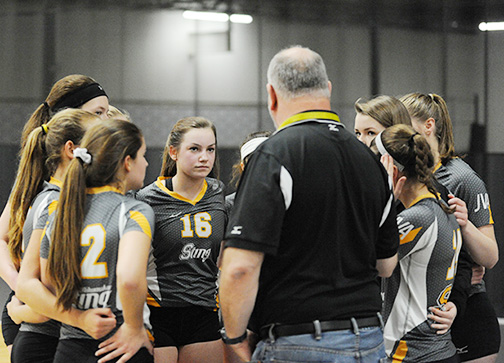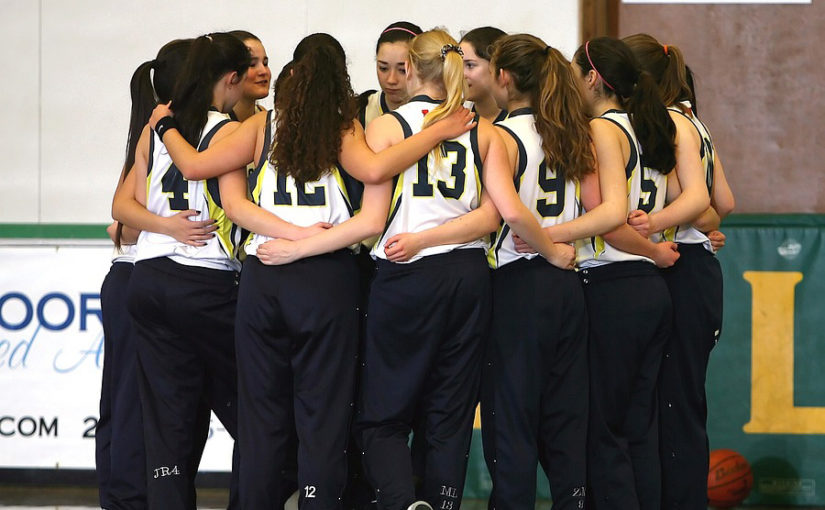3 steps to becoming a better coach this season
Is your team always in the middle of the pack, never breaking through to the top of the conference? Do your practice plans look eerily similar to those you used years ago? Is your team getting better?
 I like to ask myself those kinds of questions periodically. It was a mindset I developed after reading an article about breaking from your comfort zone to boost confidence and success. Here are three steps adapted from that article that can help you take risks and, hopefully, become a better coach than you already are.
I like to ask myself those kinds of questions periodically. It was a mindset I developed after reading an article about breaking from your comfort zone to boost confidence and success. Here are three steps adapted from that article that can help you take risks and, hopefully, become a better coach than you already are.
1. Recognize your strengths and successes.
Too often, we harp on the things that we didn’t do well or could have done better. This step is about giving yourself a pat on the back.Grab a sheet of paper and a pen, sit down with a cup of coffee, and think about all of the great stuff you’ve done with your team. It could be a community service event you sponsored, how you challenge your players to give their best every day in practice, or advocating for a better schedule or nicer locker rooms.
As you look forward to the next season, think about how you can use those qualities that made you successful for even greater opportunities. We’ve got to free ourselves up to admit we’re sometimes good at what we do.
2. Do it your way.
It’s great to compare ourselves to the great coaches out there — John Wooden, Phil Jackson, Vince Lombardi. I love studying their coaching styles and trying to understand how they got the best out of their athletes time and again.
But eventually, we’ve got to figure out our personal successes so that we’re not discouraged. We don’t want to study the greats and become overcome with a flurry of fear, envy and doubt. We want to study them to become the best coach that we can be.
3. Tell your story.
I like talking to my team about my volleyball life. Our teams only see where we are now, but I think they benefit from hearing the whole story.
I tell them about my first year in college where learned that I wasn’t as good as I thought I was. I tell them about how I had to come into practice early and stay late because my skills were lacking. But I also tell them that the hard work eventually translated into a starting spot on the team.
I make my players laugh when I tell them about some of my epic failures in coaching. I tell them these things because I think it’ll make them better people, better teammates and better equipped to navigate their careers when they’re finished with school. Successful people don’t just happen upon their fortune. There’s usually quite a bit of failure along the way, and that’s what I want my players to understand.
Dawn Redd is the head volleyball and assistant track & field coach at Beloit College, Beloit in Wisconsin.





